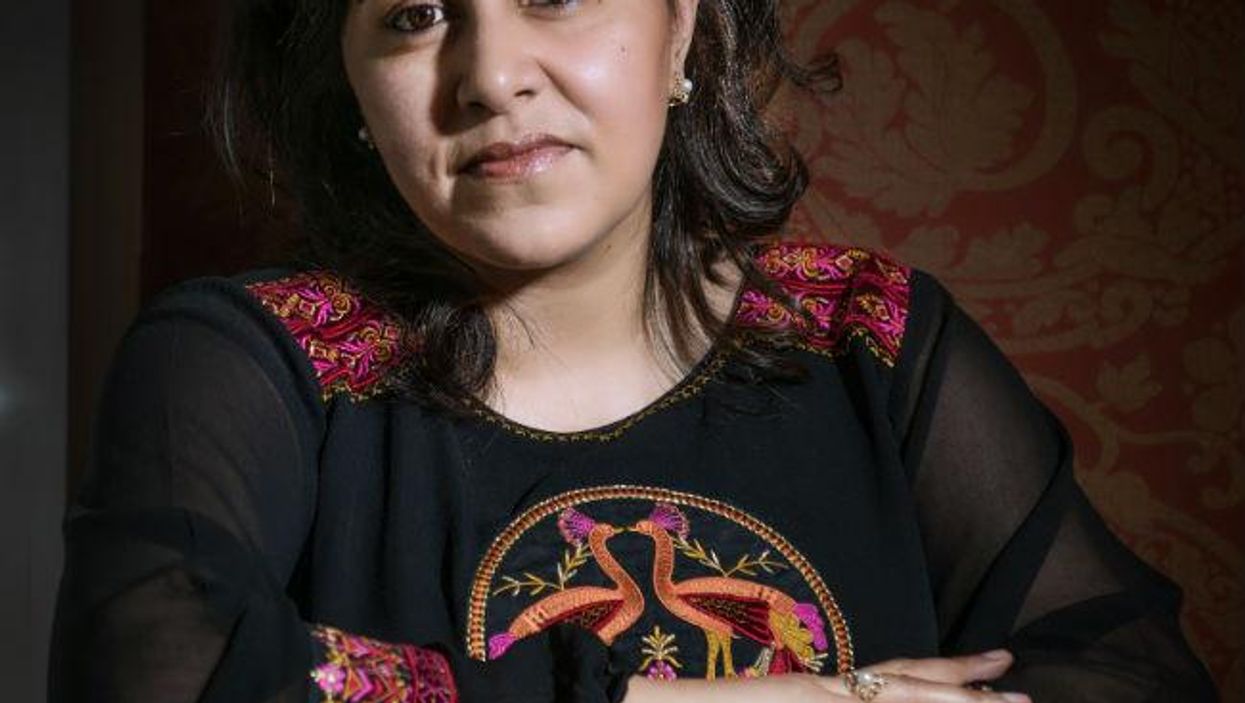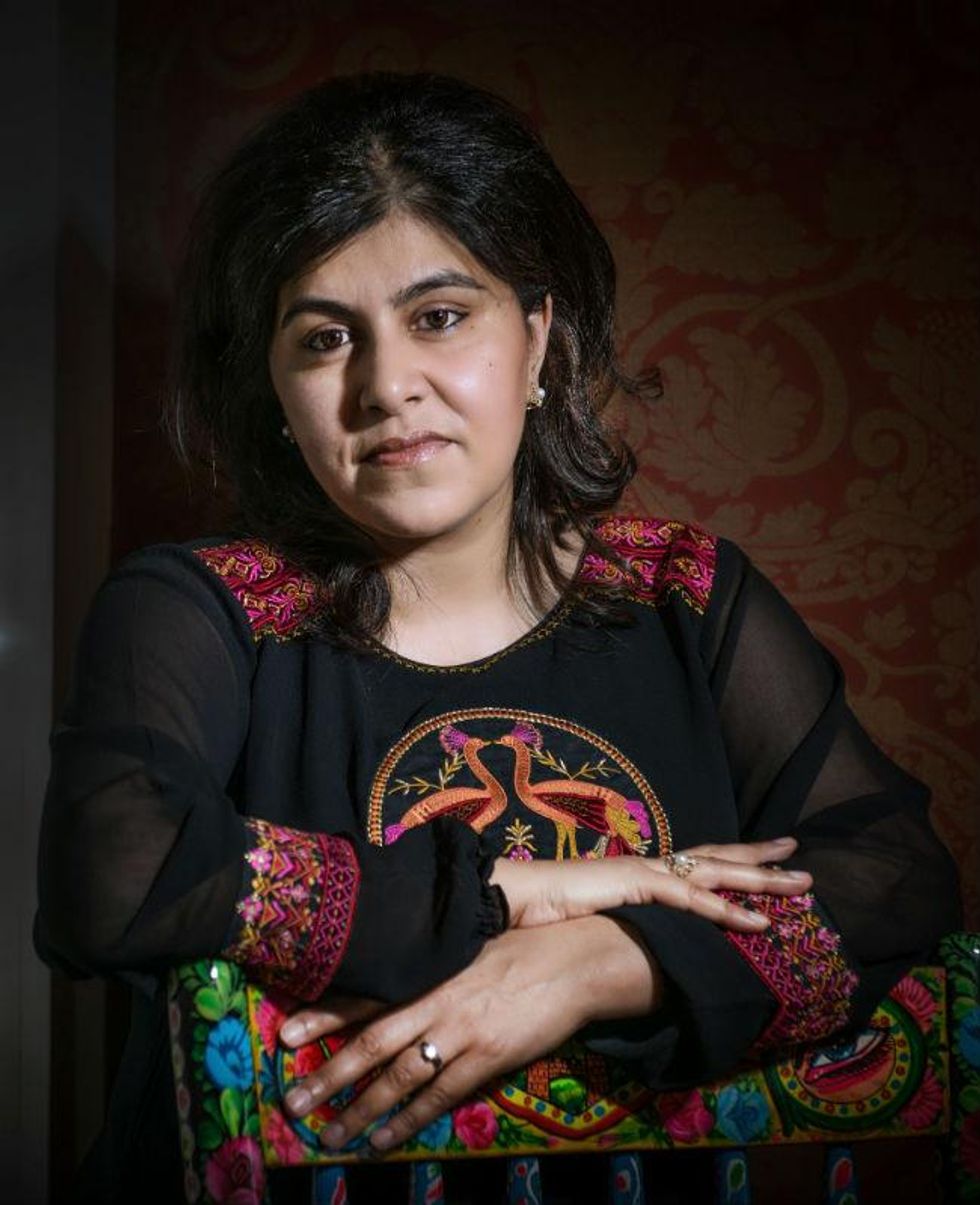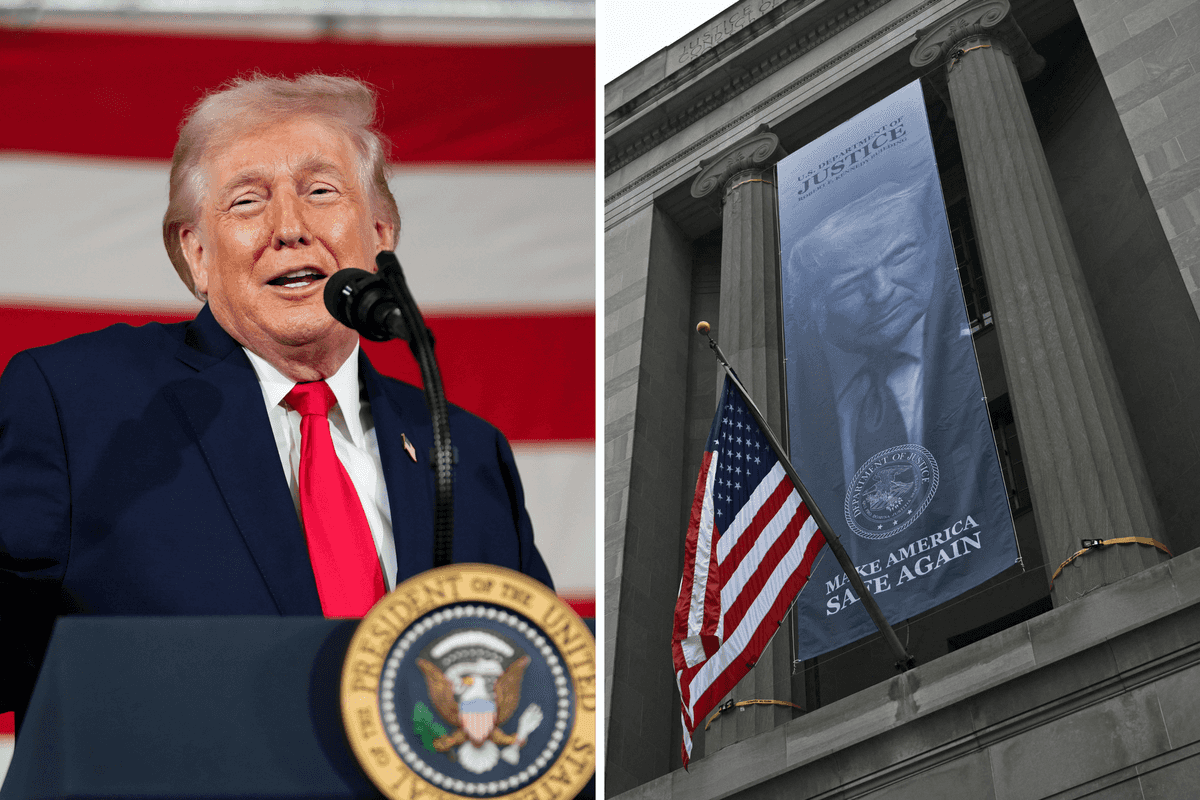Celebrities
Oliver Wright (edited
Aug 10, 2014

Baroness Warsi spoke to the Independent on Sunday about her resignation as a Foreign Office minister over Gaza. Here are the highlights of what she said:
On Israeli shelling of Gaza that killed four Palestinian boys playing on a beach:
At the weekend my kids are out there playing football. And that was just... what were those mothers thinking? What were those fathers thinking?
On resolving the Israeli-Palestinian conflict:
I was not so naive to think we could go in there and fix it, but we could at least start by calling what we saw as fundamentally wrong and inhumane.
On the Tuesday morning meeting with new foreign secretary Philip Hammond that convinced her to quit government:
I spoke to him that morning at about 7am at some length about accountability, what next and how do you rebuild the 40 per cent of Gaza that has been destroyed. And I got no indication that we had any clear thought or process about how that would happen or how we would push to make it happen.
I was absolutely unconvinced that there would be any accountability for what had happened. I got a very clear sense that it was going to return to business as usual. I therefore thought I needed to resign.
On Danny Alexander, chief secretary to the Treasury:
I felt like a lone voice. The Lib Dems on this are being quite disingenuous. At the big meeting on this, where were the Lib Dems? Danny Alexander turned up and said nothing. It would have been helpful if I'd had two or three Lib Dem voices giving support to me. The fact is that they didn't.
On why David Cameron wasn't informed about her resignation ahead of time.
My resignation was not a bartering tool. It was not up for negotiation. I've felt that over the past four weeks, whether it was in Cabinet or the National Security Council or meetings, phone calls and text messages and one-to-ones, I had an access and opportunity to have my say at every level.
This isn't about, 'Oh they didn't listen to me because they didn't hear me'. But you come to a point where the Government still won't use this language; the Government still won't move on these positions. Therefore, it's time for me to go.
I wasn't going to go and say: 'If you don't do this, Prime Minister, I will resign.' That's not the way I operate. I said to him: 'I've tried everything I could, David, and we still disagree, and I've decided to resign.'
In the meetings that I had, I didn't say I was concerned. I said I fundamentally do not agree with the statements we're putting out. My exact words were that I was finding it increasingly difficult to be bound by collective responsibility.
I couldn't have been clearer. I said I was having to stand at the despatch box and say lines I fundamentally did not agree with.
On the difference between Gaza and any of the world's other conflicts:
One of the arguments I've heard from people is: 'Why don't you criticise Assad?' Well, we did. 'Why don't you criticise Isis?' Well we did. 'Why don't you criticise Iran?' We did. 'Why don't you criticise Putin?' We did. 'Why don't you criticise Israel?' Well, we didn't. That's the difference. It is about an inconsistent approach to our foreign policy. It is an inconsistency about our application of our values.
On the rumour she wanted to be foreign secretary:
Apparently I wanted to be foreign secretary, but you can't have the big offices of state [and be in] the House of Lords. They can't say on the one hand that I didn't talk to him [the Prime Minister] and on the other that I wanted a better job.
On the Tory right:
I don't care if they say they disagreed with me. I don't care if they can't stand me. That's fine. What I won't have them do, when you work 10 times as hard as anyone else to get to where you got to, is to get there and hear: 'She can't really do the job.' It sends out the wrong message out for other people who want to do this. Some of the bitchiest women I've ever met in my life are the men in politics.
On the Guido Fawkes website:
I worry about being on the wrong side of history rather than being on the wrong side of some two-bit right-wing blog site.
On her initial thoughts about David Cameron:
When he went to Blackpool to make his speech to become leader, he first came to Dewsbury to a social action project I was running. We then went to Blackpool and I introduced the speech ... I am absolutely part of the Cameron era and compassionate Conservatism. I thought this is a guy who gets today's Britain. He's a new kind of Conservative. He was really clear that values were values that included all of Britain.
On her electoral concerns:
The electoral reality is that we will not win outright Conservative majorities until we start attracting more of the ethnic vote. This issue is not linked to a particular ethnic vote. It is a broader issue about the party being open to a broader range of views and experiences.
On becoming a diarist:
I am not writing a kiss-and-tell diary because I don't do kiss and tell.
On Boris Johnson:
The reason why Boris appeals to voters is because Boris presents himself as the person he is.
Boris does not pretend not to be posh. Boris doesn't pretend not to have had an Eton education. What is required now is an age of authenticity in politics, and it doesn't matter what background you come from as long as you are authentic in that identity. People are not anti-posh or anti-brown – people are anti-false.
On her public perception:
Whether people liked me or loathed me, I do sit comfortable knowing that I did it my way. It was me.
More: Everything David Cameron said about Gaza before Baroness Warsi resigned
Top 100
The Conversation (0)














